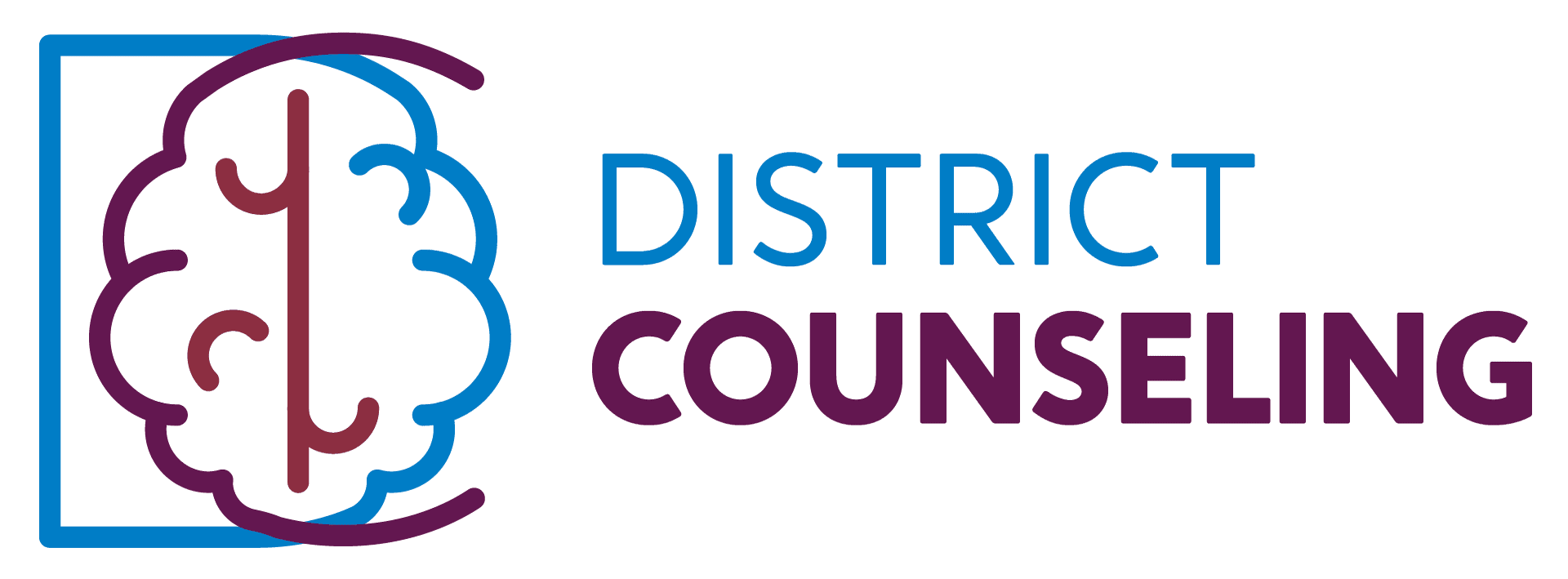Share Post
Emotional exhaustion can creep up slowly — or hit all at once. You might still be functioning, going to work, taking care of your responsibilities, checking things off your list… but inside, you feel drained, detached, or simply “not yourself.”
You’re not alone. Emotional exhaustion is extremely common, especially for people juggling work, family, relationships, and personal challenges. The good news? It’s treatable, and recognizing the signs is the first step toward healing.
Below are 10 signs you may be emotionally exhausted — and what you can do to start feeling better.
1. You Feel Constantly Overwhelmed
Even small tasks feel big. Simple decisions suddenly feel complicated. When your emotional bandwidth is low, everything feels heavier than it should.
What to do:
Try breaking tasks into small, manageable steps. If overwhelm is constant, therapy can help you build emotional regulation skills.
2. You’re More Irritable Than Usual
You snap over things that never used to bother you. This happens because your nervous system is already on high alert.
What to do:
Pause before responding, take a breath, and label what you’re feeling. Naming emotions reduces their intensity.
3. You Feel Numb or “Checked Out”
You’re not sad, but you’re not happy either — you just feel flat. This emotional shutdown is a common response to prolonged stress.
What to do:
Gentle reconnection helps: journaling, mindfulness, or talking with someone safe.
4. Your Sleep Is Off
You either can’t fall asleep, stay asleep, or you sleep far more than usual. Emotional exhaustion disrupts the body’s natural rhythms.
What to do:
Create a small, realistic sleep routine: consistent bedtime, screen-free wind-down, calming activities.
5. You’re Forgetting Things
You misplace items, lose your train of thought, or forget what you were about to say. Stress impacts memory and concentration.
What to do:
Use simple tools: reminders, notes, checklists. Most importantly, lower your cognitive load where possible.
6. You Withdraw From People
Socializing feels draining, not energizing. You might cancel plans or stop responding to texts because you don’t have the emotional energy.
What to do:
Set boundaries. Prioritize quality connections over quantity.
7. You Feel Physical Symptoms
Emotional exhaustion often shows up in your body as:
- headaches
- stomach issues
- muscle tension
- fatigue
- frequent illnesses
What to do:
Pay attention to your body’s signals — they’re telling you something important.
8. You Experience Increased Self-Doubt
You feel less capable, less confident, or unsure of your decisions. Stress causes your inner critic to get louder.
What to do:
Challenge negative thoughts by asking: “Is this true, or is this my exhaustion speaking?”
9. You Struggle to Find Motivation
Tasks you once enjoyed feel like obligations. This isn’t laziness — it’s a sign your emotional resources are depleted.
What to do:
Start with micro-actions: two minutes of a task, a short walk, or one small win per day.
10. You Feel Stuck
You want to make changes, but you don’t know where to begin. Emotional exhaustion clouds clarity and makes it hard to see options.
What to do:
Talking with a therapist can help you understand what’s blocking you and map out a path forward.
Why Emotional Exhaustion Happens
Emotional exhaustion often develops from:
- chronic stress
- caregiving
- work burnout
- relationship conflict
- trauma
- perfectionism
- lack of boundaries
- major life transitions
- unresolved emotional pain
It’s not a personal failure — it’s a sign you’ve been carrying too much for too long.
How to Start Recovering
Here are evidence-based steps that help most people:
✔ Set realistic limits
You don’t have to do everything at once.
✔ Build in micro-rest
Tiny breaks throughout the day prevent overload.
✔ Regulate your nervous system
Breathing practices, stretching, grounding techniques.
✔ Talk to someone
You don’t have to navigate exhaustion alone.
✔ Seek professional support
Therapy can help you process emotional burdens, rebuild resilience, and regain balance.
You Deserve to Feel Like Yourself Again
If you’re recognizing these signs, emotional exhaustion is likely affecting your daily life more than you realize. The good news is that recovery is absolutely possible — with support, boundaries, and the right tools.
If you’re ready to feel lighter, clearer, and more in control of your emotional world, our counselors at District Counseling are here to help.
Reach out today to schedule a session — your mental health deserves attention, too.

Development Funnel Boost Media
November 20, 2025
10 Signs You’re Emotionally Exhausted (and What to Do About It)
Related posts:"SOLO PONLE VICKS!": Counseling the Spanish–Speaking CommunityHouston, What is Brainspotting?Unveiling the Power of Microcurrent Neurofeedback in Houston: An Alternative Approach to Mental Heal…...

Arely Ambriz
November 20, 2025
Beyond the Buzz: Can Our Relationships Survive the AI Revolution?
Explore how AI impacts relationships, communication, and connection in an automated world. Learn practical tips for nurturing bonds at home, work, and with your children....

Arely Ambriz
November 19, 2025
Can’t Look Away? Your Mid-Week Guide to Managing Headline Stress
Feeling anxious and overwhelmed by the news? Learn why the mid-week news cycle feels so draining and discover practical tips to stay informed without sacrificing your mental health....

Arely Ambriz
November 18, 2025
The Hidden Ledger: Balancing Ambition and Burnout on National Entrepreneur’s Day
Feeling the “founder mindset” leading to burnout? Discover actionable steps, like our “Energy Audit,” to reclaim your mental health and achieve a healthier work-life balance....

Arely Ambriz
November 17, 2025
Beyond the Signal: Charting Your Own Path to a New Beginning
Feeling disconnected? Learn how to build your inner infrastructure for a new beginning. Discover actionable steps and the importance of professional support for mental health, including therapy and psychiatry in...

Arely Ambriz
November 14, 2025
Houston, We Have a Weekend: Navigating Your Final Descent into Work-Life Balance
Discover how global crises impact your well-being and learn practical grounding techniques like 5-4-3-2-1 to manage anxiety and compassion fatigue in a fast-paced world....

Arely Ambriz
November 13, 2025
Beyond ‘Please’ and ‘Thank You’: How World Kindness Day Reveals the Secret to a Stronger Relationship
Discover how global crises impact your well-being and learn practical grounding techniques like 5-4-3-2-1 to manage anxiety and compassion fatigue in a fast-paced world....

Arely Ambriz
November 12, 2025
Finding Your Footing When the World Feels Heavy
Discover how global crises impact your well-being and learn practical grounding techniques like 5-4-3-2-1 to manage anxiety and compassion fatigue in a fast-paced world....

Arely Ambriz
November 11, 2025
Beyond the Parade: A Veteran’s Silent Battle in the Breakroom
Help veterans navigate civilian transition. Learn about mental health challenges, workplace integration, and crucial support like counseling and psychiatry in Texas....

Arely Ambriz
November 10, 2025
When the Storm Hits on a Monday: Finding Your Way Back to a New Beginning
Discover resilience in the face of life’s storms. Whether it’s Typhoon Fung-wong’s aftermath or personal challenges, learn how to rebuild with courage, small steps, and community support. Explore actionable strategies...
